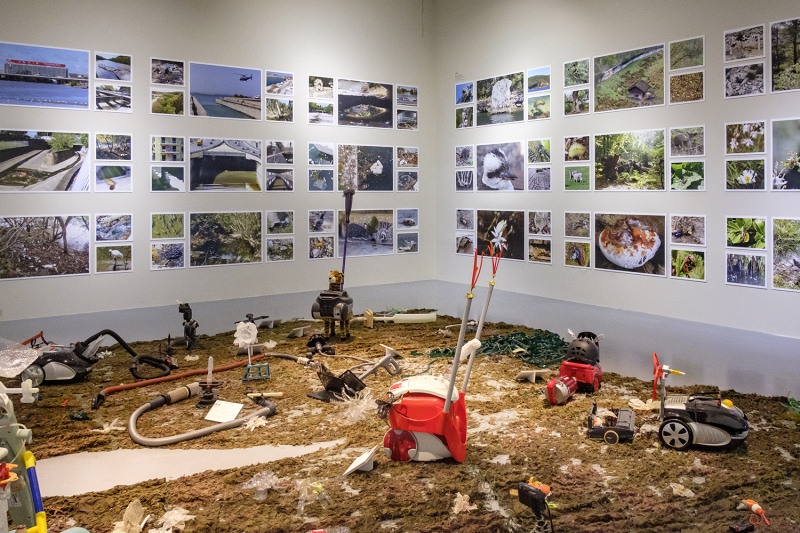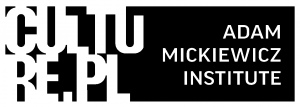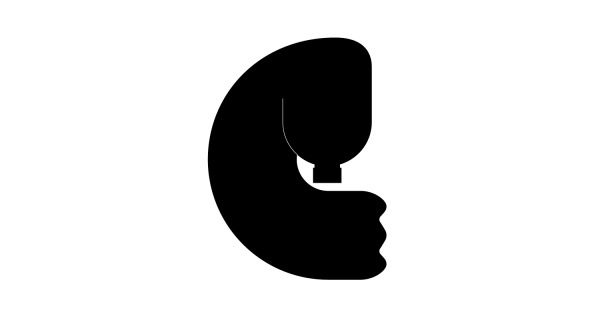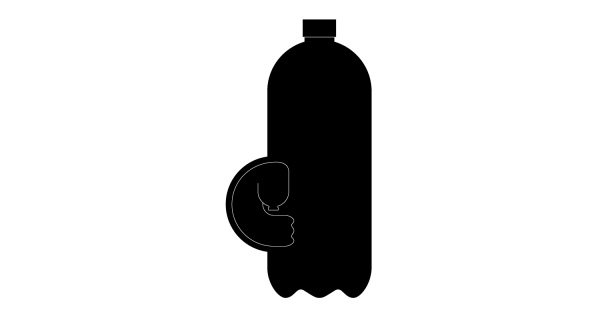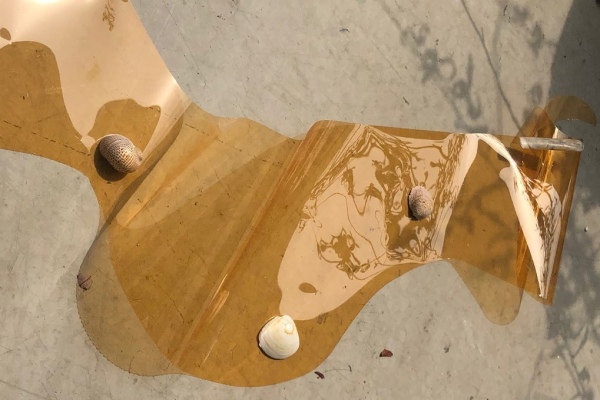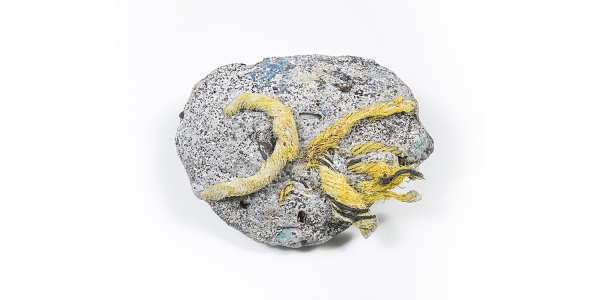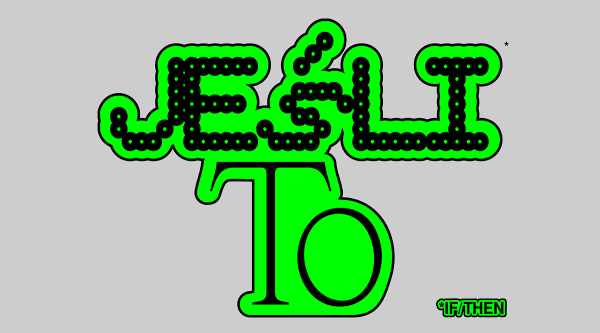How to stay with the trouble? Art institutions and the environmental crisis
as part of the project Plasticity of the Planet
A mix of five curators, directors and researchers from Europe and Africa will tackle the question of how to – as Donna Haraway suggests – stay with the trouble in the face of the current climate catastrophe. The project Plasticity of the Planet encourages asking questions about the relationship between the environmental crisis and the discourses as well as practices of the world of art and its institutions. For decades, galleries as well as museums of contemporary art have declared commitment to relevant and current issues, tuning their programs to what at the moment requires urgent attention and reflection. In this perspective, the climate crisis, the advancing catastrophe of the natural environment and the irreversible degradation of our planet's resources are the most alarming of the topics, requiring intervention and joint concern. In what way could the world of art participate in the contemporary crisis? And how would the world of art attempt to deal with it? Using what tools? In what manner should institutions radically rethink themselves so that they could fulfill their assigned roles? These are just a few of the questions that the invited guests shall seek to answer.
-
Participants
- Defne Ayas, Viviana Checchia, Tandazani Dhlakama, Mira Gakjina, Anne Szefer Karlsen
More
-
Viviana Checchia
- is a curator, critic and lecturer active internationally. She is currently the Public Engagement Curator at the Centre for Contemporary Art: Glasgow (CCA) where she has recently curated the solo show by Jonas Staal The Scottish European Parliament, and a group project The House That Heals The Soul (2017). Checchia holds a PhD from Loughborough University on curatorial practice contextualised by European Regional Development Funding in the Euro-Med region between 2005–2015. For the past eight years, Checchia has co-directed ‘vessel’, a platform for critical discussion surrounding the cultural, social, economic and political change created through community-based work based in Puglia, Italy. With Anna Santomauro, she received the 2013 ICI/DEDALUS Research Award for research carried out in the United States into the legacy of Mary Jane Jacob, and in 2016 she was awarded the Igor Zabel Award for Culture and Theory Laureate’s Choice for her contributions to the comprehension of and international interest in Eastern European art.
-
-
Defne Ayas
- was a Director of Witte de With Center for Contemporary Art in Rotterdam (2012–2017) where she has commissioned, curated and organized long-term projects, group exhibitions and solo projects, including Kunsthalle for Music by Ari Benjamin Meyers (2017–2018), Öğüt & Macuga by Ahmet Öğüt and Goshka Macuga (2017), The Ten Murders of Josephine by Rana Hamadeh (2017), The Music of Ramon Raquello and his Orchestra by Eric Baudelaire (2017), WERE IT AS IF by Bik Van der Pol (2016). Prior to joining Witte de With, Ayas lived in Shanghai and co-founded Arthub Asia – an Asia-wide active research and production initiative (with Davide Quadrio) (2007). She has also organized presentations at major festivals, such as the 56th Venice Biennale’s Turkey Pavilion (2015), the 6th Moscow Biennale (2015) and the 11th Baltic Triennial (2012). Currently she was appointed as an artistic director of the 13th Gwangju Biennale (2020).
-
Tandazani Dhlakama
- is an assistant curator at Zeitz MOCAA in Cape Town where she recently curated an exhibition Five Bhobh: Painting at the End of an Era (2018). She holds an MA in Art Gallery and Museum Studies from the University of Leeds, UK (2015) and a BA in Fine Art and Political Science, Magna Cum Laude from St. Lawrence University, USA (2011). Before 2017 Dhlakama had been a part of the National Gallery of Zimbabwe (NGZ) in Harare where she held various roles between a.o. the conference coordinator for the 2nd International Conference on African Cultures (2017). At the NGZ, she was involved in curating several exhibitions including, Engaging with “the Other” (2013), Women at the Top (2014), ZimbabweIN Design (2014 and 2017), Dis(colour)ed Margins (2017). In Harare, Dhlakama co-curated These Images Are Stories (2017) in collaboration with British Council Zimbabwe, Zimbo Jam and Impact Hub Islington as well as worked as curator at Tsoko Gallery, an independent art space, where she curated their inaugural exhibition Beyond the Body (2016) and was involved in the establishment of the space.
-
-
Mira Gakjina
- is an art historian, art critic and senior curator at Museum of Contemporary Art in Skopje. She completed her postgraduate studies at the University of Zagreb, Faculty of Philosophy (2010), and received her PhD in Art Management on the subject “Management of the cultural institutions – case study MoCA Skopje” (2017). Gakjina is the chief curator of the Biennale of Young Artists organized by MoCA Skopje and was curator in residence as part of the Prohelvetia Cultural program in Zurich, Bern and Geneva; Limiditi Temporary Art Project, Morocco; “Closeconnection”, curatorial program in Amsterdam. Between 2013–2017 she served as a President of AICA Macedonia. From 2017 Gakjina is a Director of the Museum of Contemporary Art in Skopje. Recently, she is the commissioner of the North Macedonian Pavilion at Venice Biennale 2019.
-
Anne Szefer Karlsen
- is a curator, writer, editor and educator. Professor in Curatorial Practice and Course Director for MA Curatorial Practice at the Faculty of Fine Art, Music and Design, University of Bergen (2015–2021) and Senior Adviser for Bergen Assembly (2018–to date). Szefer Karlsen was Director of Hordaland Art Centre in Bergen (2008–14); curator for The Norwegian Sculpture Biennale 2015; Lofoten International Art Festival – LIAF 2013 and Associate Curator for Research and Encounters for Biennale Bénin 2012. Her writing has appeared in journals such as “Afterall”, “Billedkunst”, “Kunstjournalen B-post”, “Kunstkritikk”, as well as in anthologies such as ‘Making Biennials in Contemporary Times’ (eds. Galit Eilat et. al., 2015) and ‘Condition Report’ (ed. Koyo Kouoh, 2013). Szefer Karlsen was series editor for ‘Dublett’ (2012–2016), co-editor of ‘Self-Organised’ (2013) and ‘Lokalisert/ Localised’ (2009).
